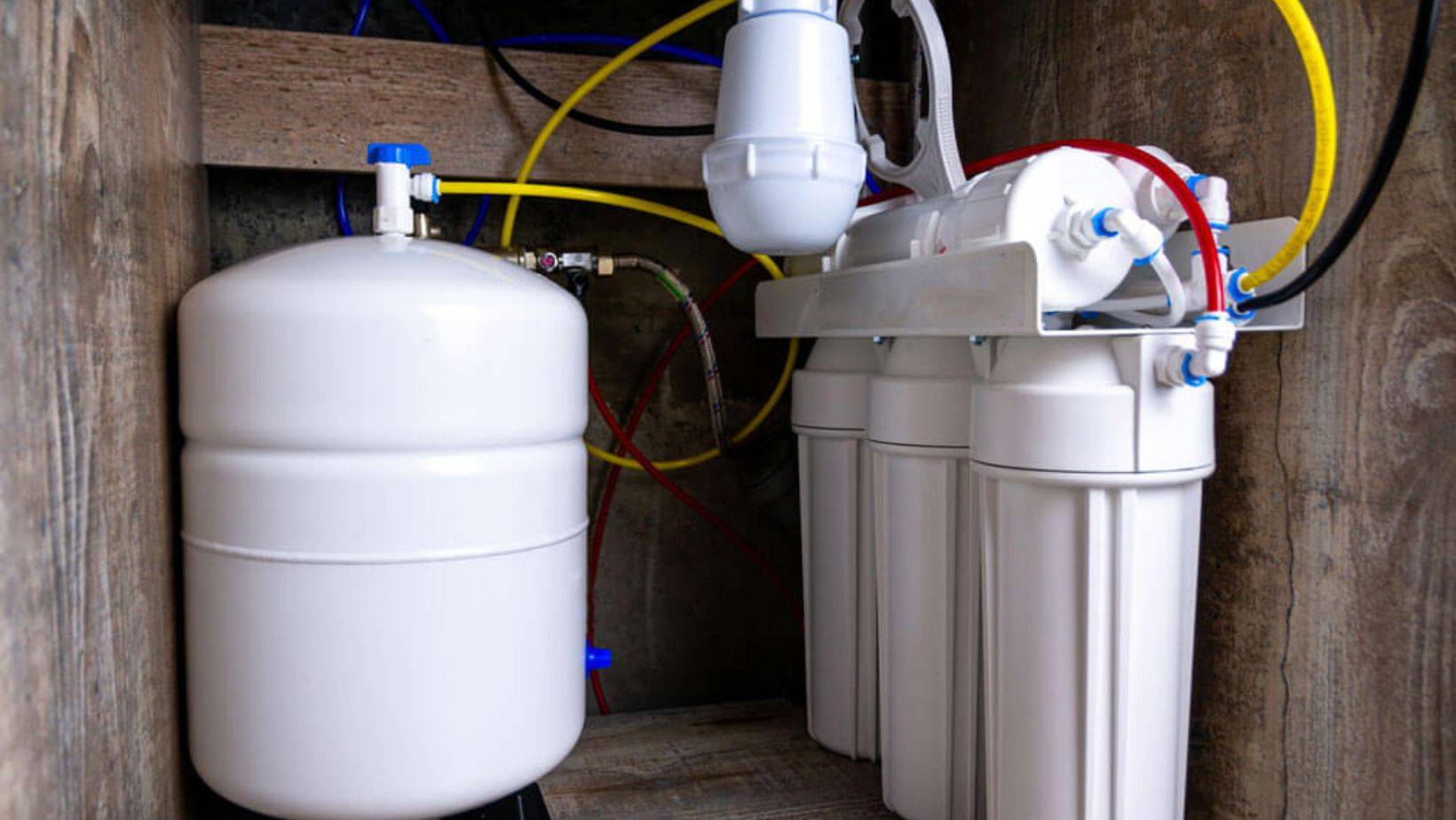
Water filtration
When it comes to the health and well-being of your family, ensuring access to clean and safe drinking water is paramount.
Understanding Lead Risks: Learn the health dangers of lead in drinking water, especially for children and pregnant women, and how it can enter your water.
Identifying Lead Sources: Find out how to inspect your plumbing for lead pipes, especially if your home is older, and reduce exposure risks.
Taking Steps for Safe Water: Discover practical tips for testing, filtering, and replacing pipes, with DrainGo Plumbing’s help to ensure safe water.
Birmingham Water Works has recently taken significant action to safeguard public health by notifying thousands of residents about the potential presence of lead pipes in their water supply lines. This important step affects many Birmingham homes, particularly those built before the 1950s. If you’ve received a letter, or if you suspect your home may have lead pipes, it’s crucial to take action to ensure the safety of your water supply.
Identifying lead contamination in your water supply is crucial to ensuring the safety of your household.
Lead in drinking water is a serious health concern that affects millions of people worldwide. This toxic metal can enter your drinking water through corroded pipes, fixtures, and soldering. The Environmental Protection Agency (EPA) has set a maximum contaminant level goal (MCLG) for lead in drinking water at zero, as there is no safe level of exposure.
Lead can infiltrate your drinking water through several sources:
Lead service lines: These pipes connect your home or building to the municipal water supply. Over time, they can corrode and leach lead into the water.
Lead pipes: Older homes may have pipes made entirely of lead, which can corrode and release lead particles into the water.
Plumbing materials: Lead can be found in solder, brass fittings, and faucets, all of which can contribute to lead contamination.
Service lines: These pipes, which connect your home to the municipal water supply, can be made of various materials, including lead, copper, and PVC.
Don’t leave your water’s safety to chance. Schedule a professional inspection with DrainGo Plumbing to identify and replace any lead pipes in your home. Call us at (205) 533-6625 and take the first step towards safe, lead-free drinking water. Act Now – Your family’s health depends on it!
The health effects of lead exposure are severe and long-lasting, particularly for children and pregnant women. Lead exposure can cause developmental delays, learning disabilities, and organ damage. The Centers for Disease Control and Prevention (CDC) recommends public health actions when a child’s blood lead level is 3.5 micrograms per deciliter (µg/dL) or more. him
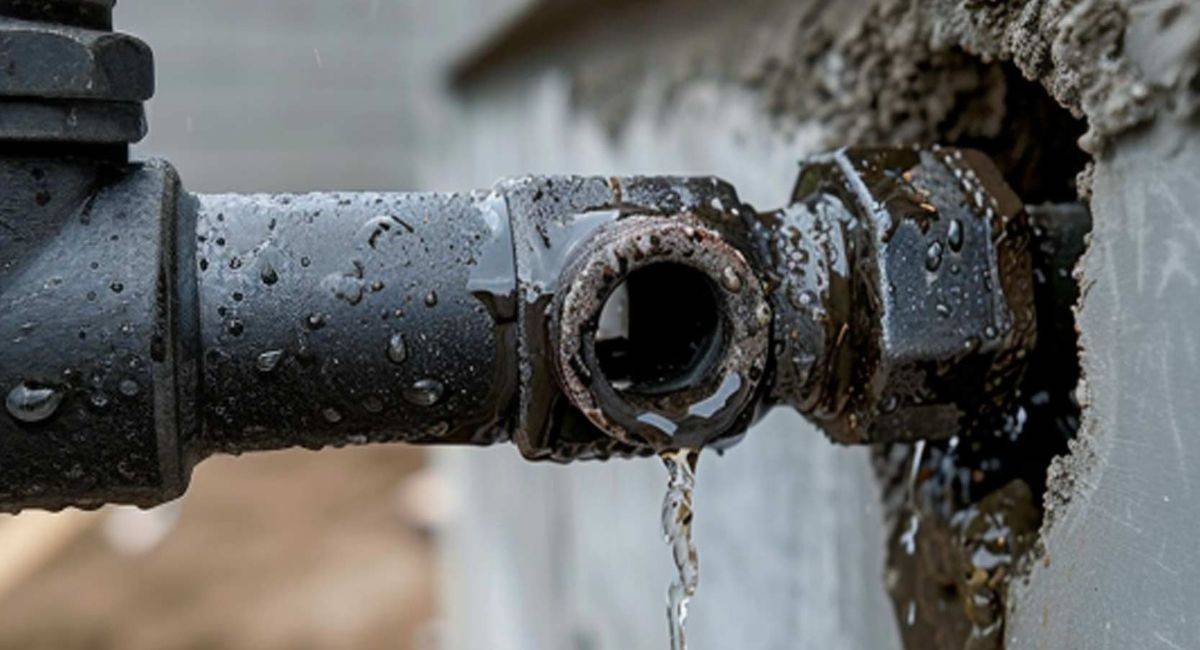
Lead is a toxic metal that poses serious risks to human health, especially for children and pregnant women. As highlighted in the Birmingham Water Works notification, “Lead contamination can cause serious health problems“ and, over time, can lead to developmental issues in children, cardiovascular and kidney problems, and more. Lead contaminated water can cause serious health problems, including developmental issues in children and cardiovascular and kidney problems in adults. Lead can leach into water through corroding pipes, creating a risk that must be addressed to protect the health of your family.
Homes built before the 1950s are more likely to have lead plumbing, including pipes that run from the main water line in the street to your property. As water flows through these older pipes, it can pick up lead particles, making testing and inspection essential. Infants who drink formula prepared with lead-contaminated tap water are at a higher risk due to their smaller body size and higher water consumption. If you’re unsure about your home’s plumbing history or if you’ve received a notification, a professional inspection can help clarify your water’s safety.
Identifying lead service lines is crucial to reducing lead exposure in drinking water. Here are some steps you can take to identify lead service lines:
Look for pipes made of lead, copper, or PVC. Lead pipes are often gray or white and may have a rough texture.
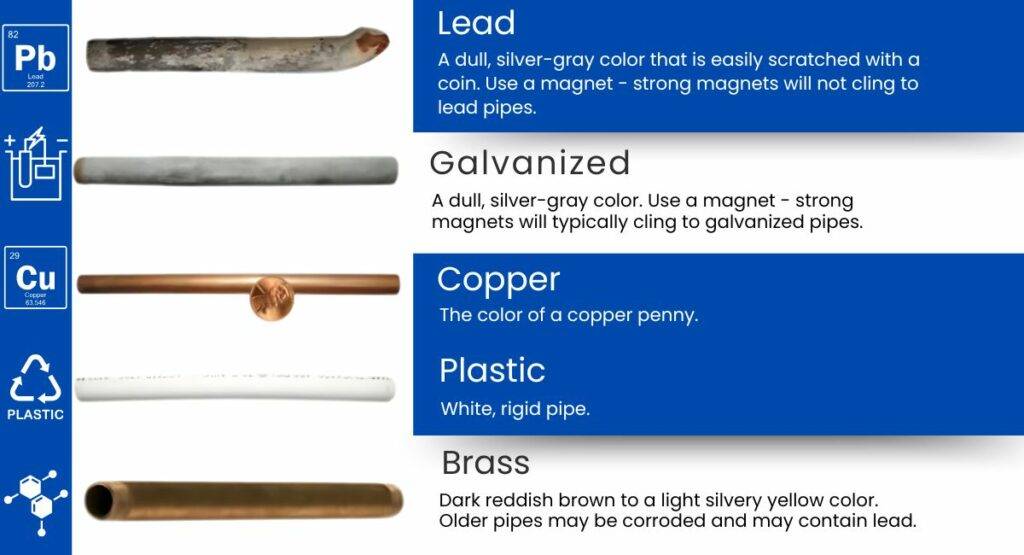
The water meter is usually located near the street or in a meter pit. Examine the pipe that connects the meter to your house. If it’s made of lead, it may be corroded or have a rough texture.
Your local water authority may have records of the materials used in your home’s service line. Contact them to inquire about the material used in your service line.
Some water utilities offer online tools that allow you to look up the material used in your service line.
If you suspect that your home has a lead service line, you can take steps to reduce your exposure to lead in drinking water. These steps include:
Running the tap for 30 seconds to 2 minutes before drinking or cooking.
Using cold water for cooking and drinking, as hot water is more likely to contain lead.
Considering hiring a certified plumber to replace lead pipes or fixtures.
Remember, identifying lead service lines is just the first step in reducing lead exposure in drinking water. It’s essential to take action to reduce your exposure and protect your health.
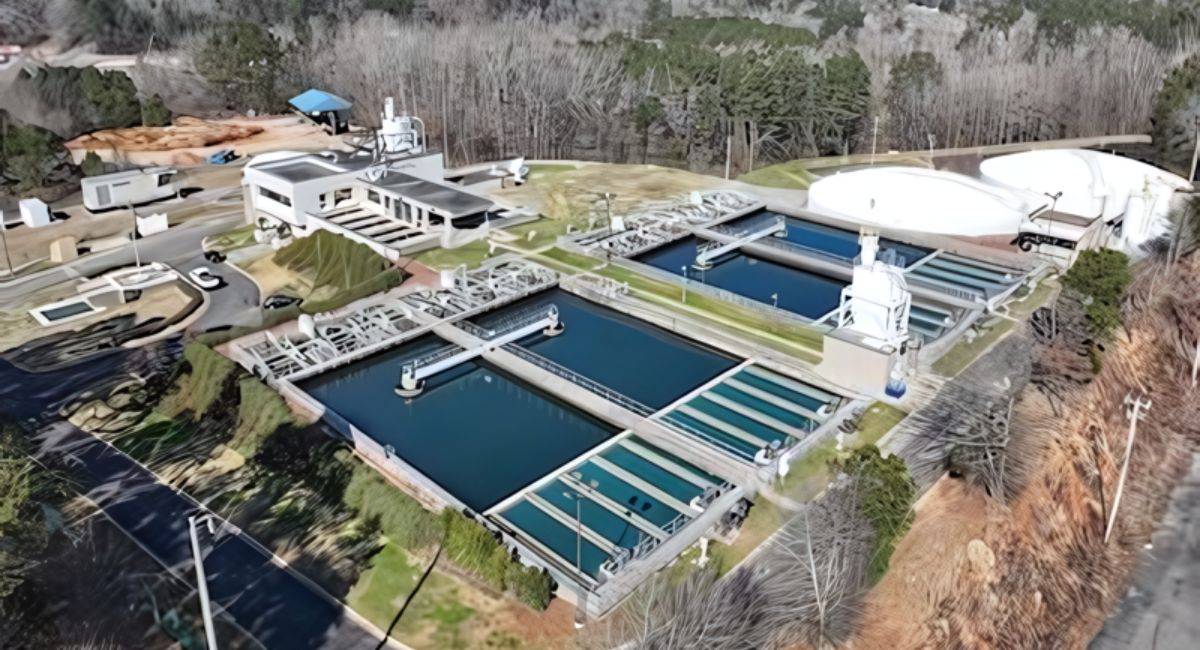
The recent Birmingham Water Works initiative urges homeowners to get their water tested for lead and to consider replacing any lead pipes found during inspections. According to the notice, “[thousands of customers] have been contacted,” raising awareness about the importance of pipe inspections to help prevent lead contamination in drinking water.
While lead does not absorb through human skin, it is still crucial to test and replace lead pipes to prevent ingestion of lead-contaminated water.
Concerned about lead in your water? Request a Free Lead Test Kit from Birmingham Water Works and ensure your drinking water is safe.
At DrainGo, we understand the urgency and importance of ensuring safe water in every Birmingham home. We specialize in identifying and replacing lead pipes with modern, lead-free alternatives, often handling these updates with minimal disruption to your property. It is important to note that while human skin does not absorb lead, drinking or cooking with lead-contaminated water poses significant health risks. Our team has the experience and expertise to manage lead pipe replacements, from the main water line to your home, and can provide thorough inspections and testing for peace of mind.
Comprehensive inspection of your plumbing system to identify any lead pipes.
Water testing services to determine if lead particles are present in your water.
Safe and efficient replacement of lead pipes with durable, lead-free materials.
Recommendations and ongoing support for maintaining safe water quality.
If you’re concerned about lead in your home’s water, don’t wait. Whether you’ve received a notification from Birmingham Water Works or simply want to be proactive, DrainGo is here to help. Testing your tap water for lead contamination is a crucial step in ensuring the safety of your drinking water. Reach out to us for a professional inspection and make sure your home’s water supply is safe for you and your loved ones.
Contact us today to schedule an inspection or to learn more about how we can help with lead pipe replacement in Birmingham. Call us at (205) 533-6625 to protect your water and your health.
This blog post informs readers of the Birmingham Water Works initiative and provides clear next steps, encouraging them to reach out for professional inspections. Let me know if you need any additional details or edits!
EPA Resource: Provides an online, step-by-step guide to help people identify lead pipes in their homes.
CDC Childhood Lead Poisoning Prevention: Includes descriptions of various lead sources in the home and prevention tips.
Alabama Childhood Lead Poisoning Prevention Program: Offers resources specific to Alabama residents. For more information, contact the Lead Hotline at 1 (800) 424-LEAD [5323].

When it comes to the health and well-being of your family, ensuring access to clean and safe drinking water is paramount.

Discover the Top 10 Plumbing Tips to Keep Your Summer Hassle-Free! Learn how to maintain your plumbing system during the warm season for a worry-free summer.
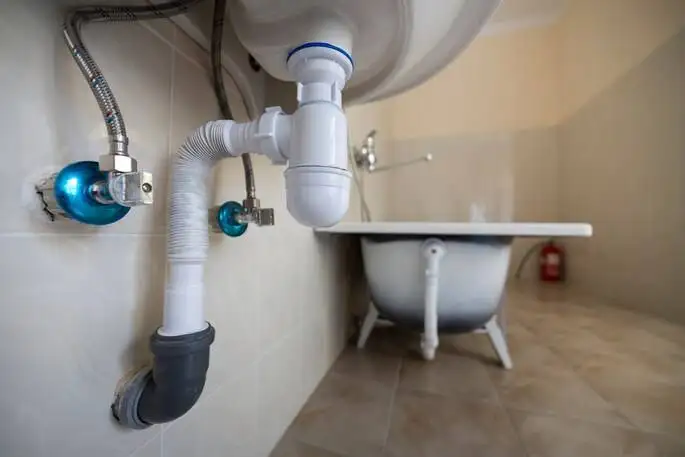
Discover how DrainGo provides expert advice on ejector pumps in residential basements, sewage ejector pump installation, and maintaining plumbing systems. Learn about sump pumps, septic tanks, and more.

Your go-to for Alabama plumbing. From emergency repairs to routine maintenance, we’re your trusted experts for all things plumbing.
Birmingham Water Works recommends lead testing to ensure residents’ drinking water is free from harmful lead contamination. This is especially crucial for older homes that may have lead service lines or pipes, as lead exposure poses significant health risks.
Homes built before the 1950s are more likely to have lead plumbing. Look for grayish or dull-colored pipes, which may feel soft and leave a mark when scratched. If you’re unsure, Birmingham Water Works advises hiring a certified plumber for a professional inspection and lead testing.
Lead in drinking water is a serious concern because it can lead to health issues like developmental delays in children, learning difficulties, and organ damage. The Environmental Protection Agency (EPA) sets the goal for lead in water at zero, as there is no safe level of lead exposure.
If lead is detected in your water, use a certified filter to remove lead particles, avoid using hot water for cooking and drinking, and consider replacing lead pipes. Birmingham Water Works also recommends running cold water for 30 seconds to flush out any lead from pipes.
Birmingham Water Works uses various methods for lead testing, including testing kits for homeowners and inspections by professionals. Residents are encouraged to request a water quality test or utilize available resources to ensure their water is lead-free.
Birmingham Water Works suggests testing your water annually if you live in an older home or have previously detected lead. Regular testing helps catch any potential contamination early, ensuring the safety of your water supply.
Connect with us today to schedule your service enjoy immediate savings with downloadable coupons. Interested in plumbing insights? Explore our collection of plumbing articles and industry updates, brimming with practical tips and valuable information to cater to all of your plumbing questions.